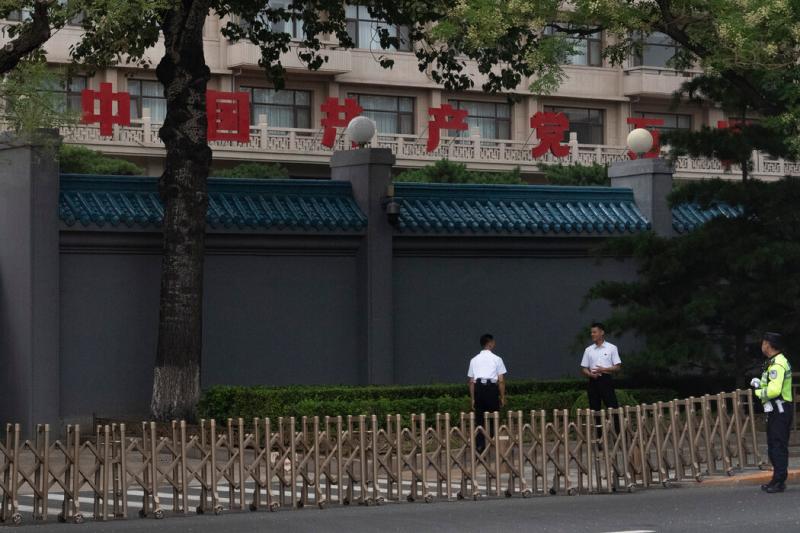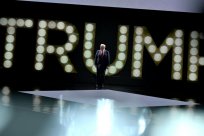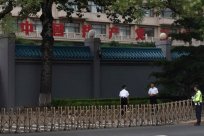
China convened officials to meet this week to discuss how to make the Chinese economy out of downturn.But if the communiqué is used as a reference, many solutions have been found.
The information conveyed by 363 officials attending the meeting in Beijing is: insisting on the country -dominated and technological strategy, but to do better.In other words, do it more honest and fair, and pay close attention to national security.
The San Plenary Plenary released by the official media on Thursday stated that China "faced a new round of scientific and technological revolution and industrial changes."
Affected by economic dilemma, watching investors have been waiting for positive signals.
If the Third Plenary Session of the past can be used as a reference, a more specific proposal may be announced in the next few days.The following are the interpretation of the official communiqué, and more details that need attention after the appearance of details.
Economic Security: "High -quality development and high level security"
At the Third Plenary Session of 2013, it promised to make market competition play a greater role in some areas of the economy.It is also promised to establish a new committee to strengthen national security.
Bulletin said that China needs to "achieve high -quality development and high -level security and healthy interaction."
Bulletin said that China needs to "lead global governance and actively shape the external environment."
Business environment: "Actively expand domestic demand"
The leadership did not mention the private sector in the bulletin in the end.The bulletin just said that officials will "better maintain market order" and establish a "high -level socialist market economy system".The communiqué also called for measures to "actively expand domestic demand and develop new productive forces according to local conditions."
fiscal policy: "Improve the macro -control system"
One of the biggest challenges facing society is reduction of income.The official bulletin has not provided any clues to how to solve this problem.
In the Third Plenary Session of 2003 and 2013, China has suggested that China introduces a wide range of basic real estate tax, which will allow local governments to have a more sustainable source of income.But except for several small -scale pilots, China has not levied real estate tax.
The communiqué pointed out that "the macro -control system must be improved and reforms in key areas such as fiscal, taxation, finance,"
Social policy: "Two -way flow of urban and rural elements"
Nearly 300 million Chinese people work or live in cities that are different from their household registration, and they usually work in coastal factories from inland rural areas.The children of these migrant workers rarely get the qualifications of public schools in the town where their parents work, so migrant workers have to leave their children in their hometown to take care of them. There are millions of so -called "left -behind children".
Allowing families to live together at the place where they want to live is conducive to improving fertility and stimulating the needs of big cities for new apartments.
China's big cities are cautious about providing benefits for many migrant workers.The bulletin called for "promoting equal exchange of urban and rural elements, two -way flow, and narrowing the differences in urban and rural areas."But this does not sound like a thorough elimination obstacle called by some economists.
The mystery of "Comrade Qin Gang"
The fate of former Chinese Minister of Foreign Minister Qin Gang has been a mystery for a year.Qin Gang rose rapidly on the officialdom, but suddenly disappeared a year ago.Although his position has already been taken over, his improper behavior or mistakes have caused his steps down to provide no exact reasons.
The Central Committee accepts Qin Gang's resignation and avoids the position of members of his Central Committee.But the bulletin still calls him "comrades", which shows that at least so far he has not been completely excluded.This is still an unsolved mystery.
Keith Bradsher is the president of the Times Beijing Branch. He had previously served as the president of the Shanghai Branch, the president of the Hong Kong Branch, the president of the Detroit Society, and the Washington reporter.
Chris Buckley is the chief Chinese reporter of the Times, focusing on political, social change, security and military issues.



